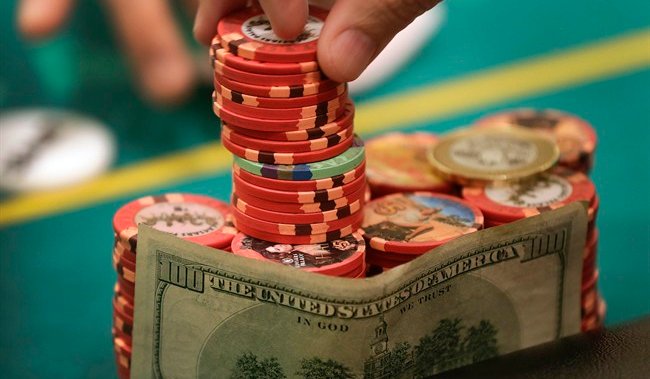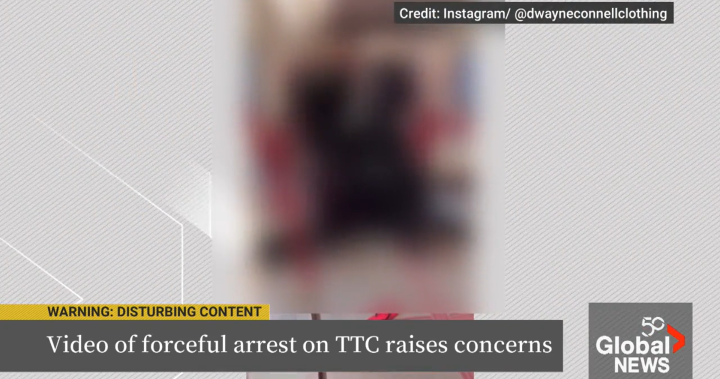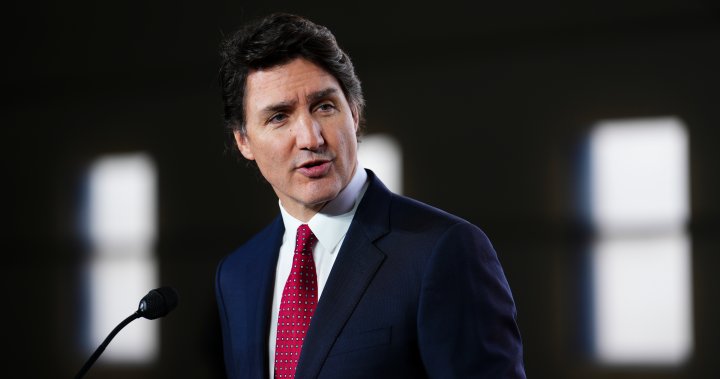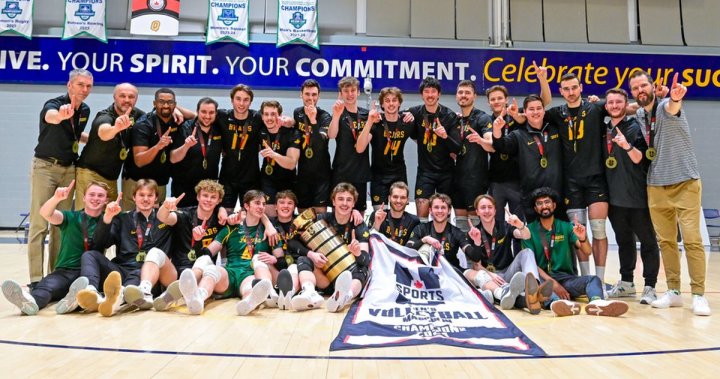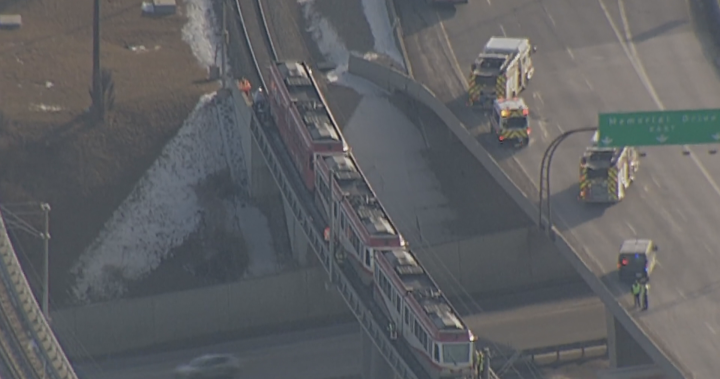As the Manitoba government faces down a projected $1.6-billion deficit, could an expansion of the province’s gaming industry help?
Earlier this week, the NDP government appointed new members to the Manitoba Liquor and Lotteries (MBLL) board, with a mandate to “work collaboratively with stakeholders to lift the pause on gaming expansion.” The ask has been met with some curiosity, and a lot of talk, though nothing is for sure.
The demand comes alongside several liquor-focused mandates as a part of a letter to MBLL’s new chair, Jeff Traeger.
In a fiscal update Wednesday, Premier Wab Kinew said the decision to lift the freeze “was made by a desire to advance economic reconciliation in Manitoba,” noting that it has been a point of tension between First Nation communities and the government.
He said the green light on gaming expansion is “part of an overall strategy to advance economic reconciliation and of course the overall economic development of the province.”
“I think liquor and lotteries have shown that they are an effective generator of revenue for government,” he said.
An article by The Canadian Press details how a decade ago, First Nations groups were left in the lurch after True North Sports Entertainment opened a casino in downtown Winnipeg, even though the First Nations had been rebuffed by the government for trying to do the same thing.
Philippe Cyrenne, an economics professor at the University of Winnipeg, said gambling “has always been seen as a possible industry for governments to support,” but numbers from a 2021 MBLL annual report indicate it wouldn’t lift the province out of debt.
“In 2021, their revenue was $221 (thousand),” he said. “But then they had to pay out prizes of $156 (thousand). So the profit was about $50, $60 (thousand).”
“Sixty (thousand dollars) seems like a lot But, compared to the budget of the Manitoba government, it’s not that much,” Cyrenne said.
MBLL’s report for this year reported higher numbers than in 2021, with the province being allocated just over $161,000 more in casino, lottery, online gaming and video lotto funds.
When looking at maximizing gaming or casino profits, Cyrenne said they should encourage those who might go elsewhere to gamble to gamble locally.
“The other best-case scenario is if you can attract tourists.”
Chris Winter, executive director at Addictions Recovery Inc. (ARI), said expanding the gambling sector is counterproductive.
“Sure, that might increase revenue, but now you’ve got to put some revenue back to support people seeking addiction services,” for which he said there are already wait times lasting months.
At the fiscal update on Wednesday, Kinew said “we can lift this pause while still ensuring that we’re being socially responsible with liquor and lotteries.”
Winter challenged that, saying “gambling is pretty widespread already.”
“It’s in every commercial when people are watching sports, there’s game bets. It’s accessible in every convenience store that we got to,” he said. “I’d be interested in how they think they are going to further expand and continue to work with the community.
“What are they going to do to combat the excessive addiction that’s going to go with the expansion of gambling services?” he said. “Gambling addiction has the ability to tear apart people’s lives, their well-being, and families. Especially financially.
“You can spend hundreds of thousands of dollars in a few nights, maybe even one.”
Winter said this is a prime example of capitalism at work.
The premier said preconditions are being set for conversations to unfold within a socially responsible context.
“That social responsibility framework is something we take very seriously on our team,” he said. “Look at the prevalence of online gambling ads that we see right now. Most of that money (is) going out of the province, and at best, a grey market. What’s the responsible path forward there, particularly with young people and people who like to watch sports?”
Kinew said he wants Manitobans to have confidence that the government is growing the economy, but in a socially safe way.
Winter isn’t sure there is such a way, and said to look at “other ways that are more supportive to the community to fix the deficit,” adding that new gambling endeavours are trigging.
He said the excitement of a new place opening results in impulsivity and gets people to think, “Oh, I got to go check this place out right now and go see what kind of flashing lights and sounds they’ve got to alter my brain chemistry.”
“Gambling and casinos are designed to be addictive,” Winter said, adding that cellphones can have a similar effect. “The colours, the noise, everything that we see does something to our brains. It’s highly addictive.”
Kinew acknowledged this in the fiscal update and said, “we ought to keep in mind, liquor and lotteries deals with activities and substances that are interrelated with addictions.”
Nonetheless, he said the NDP is looking to have a conversation with First Nations to build another casino in Winnipeg.
“We don’t have a specific proposal in front of us, but what we’re saying is that we’re open to working together on economic reconciliation.”
He said if a proposal came in from urban Indigenous economic development zones, “we’ll certainly consider it.”
Cathy Merrick, grand chief of the Assembly of Manitoba Chiefs, said “there are different organizations, different tribal councils, that are trying to seek (revenue sharing from casinos) with the province.”
She said the AMC has a gaming committee of chiefs, and is “really messaging to the province in that manner.”
